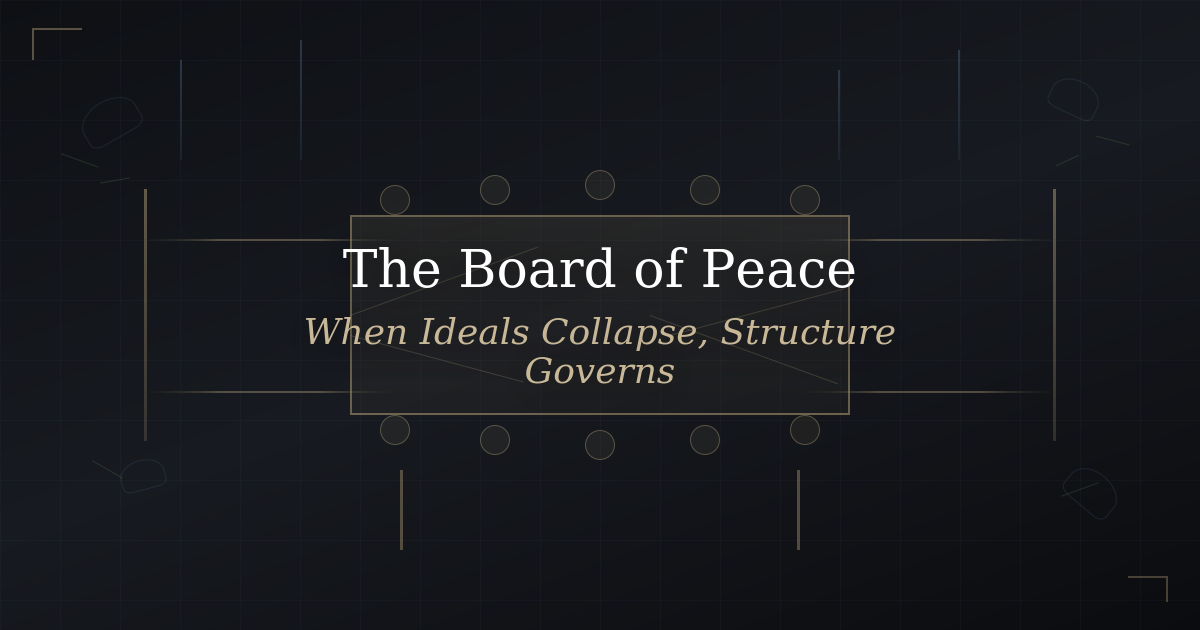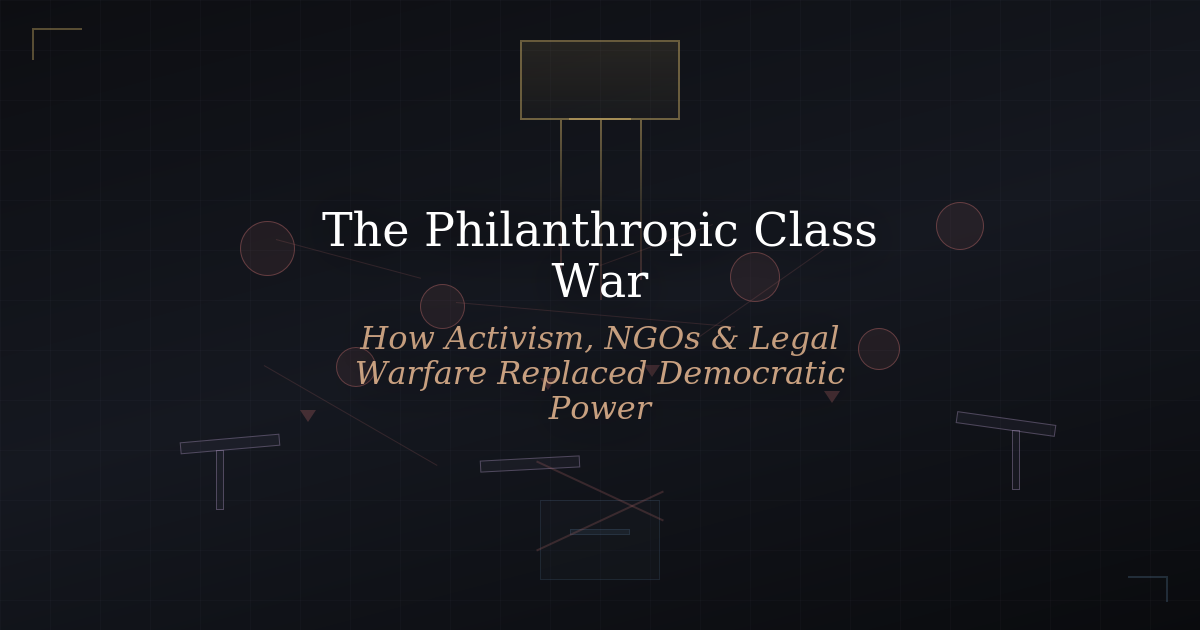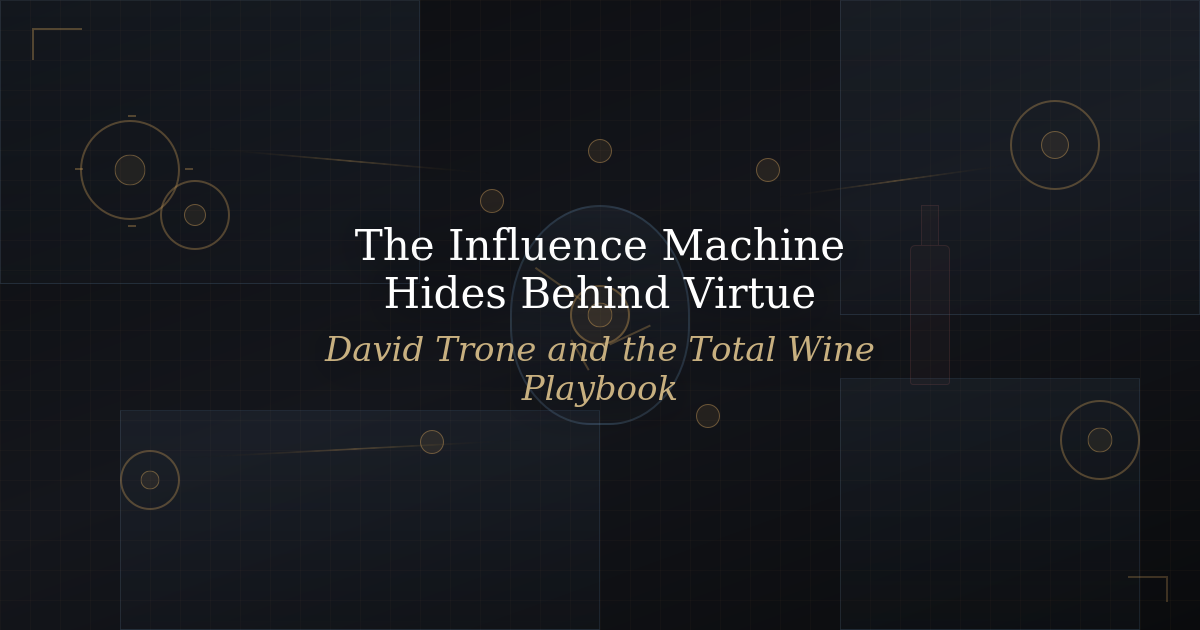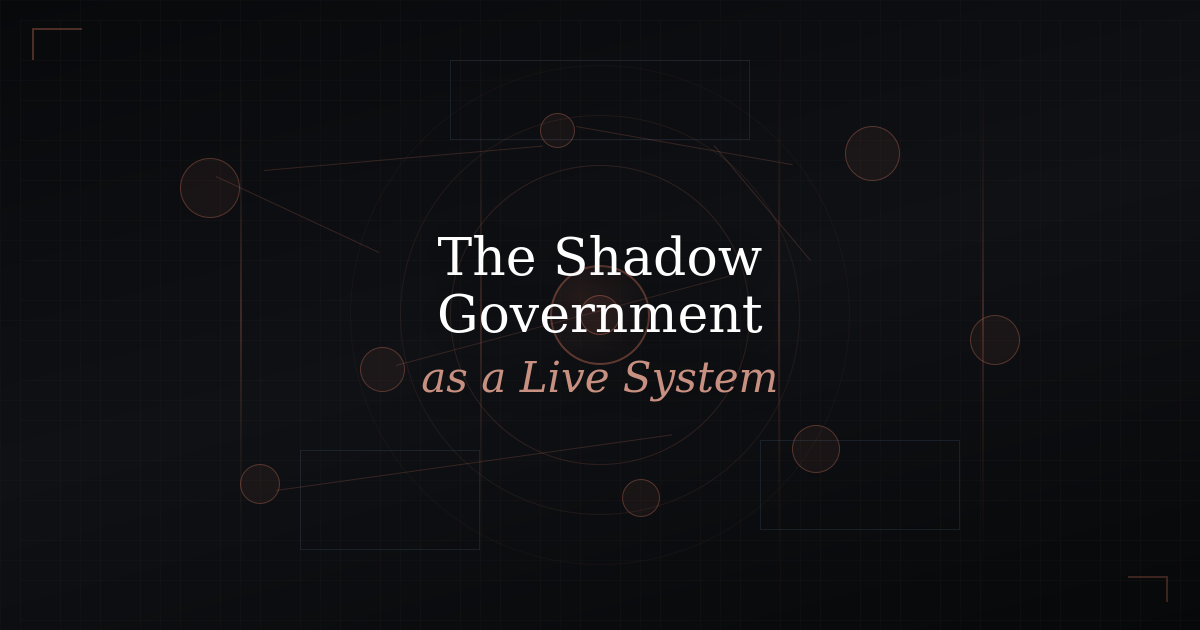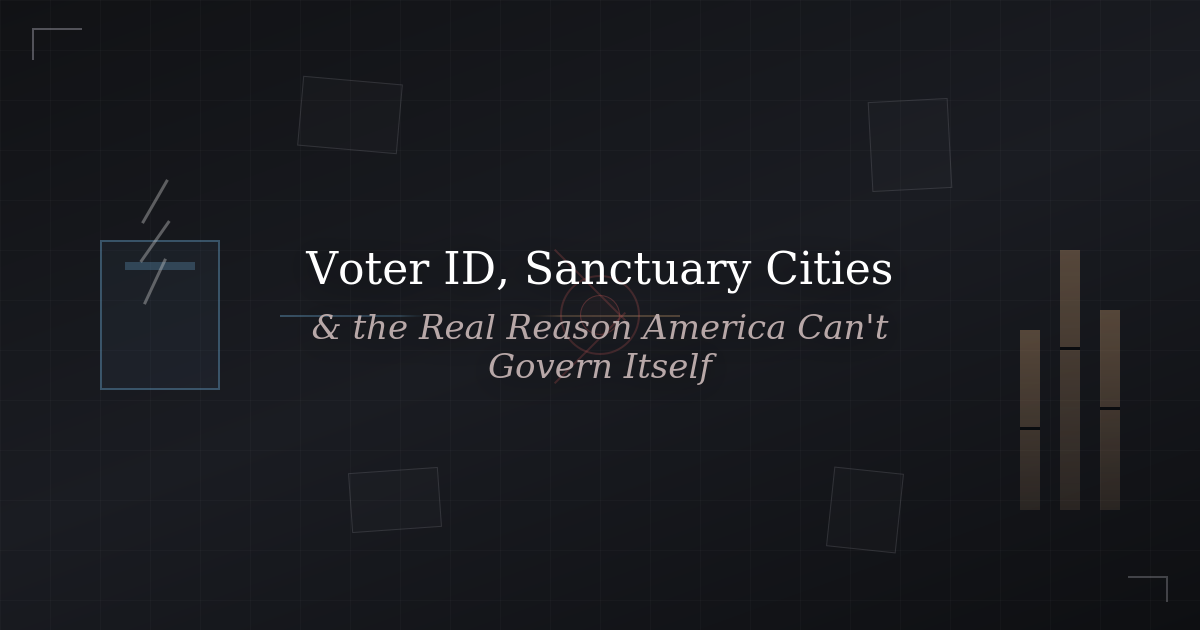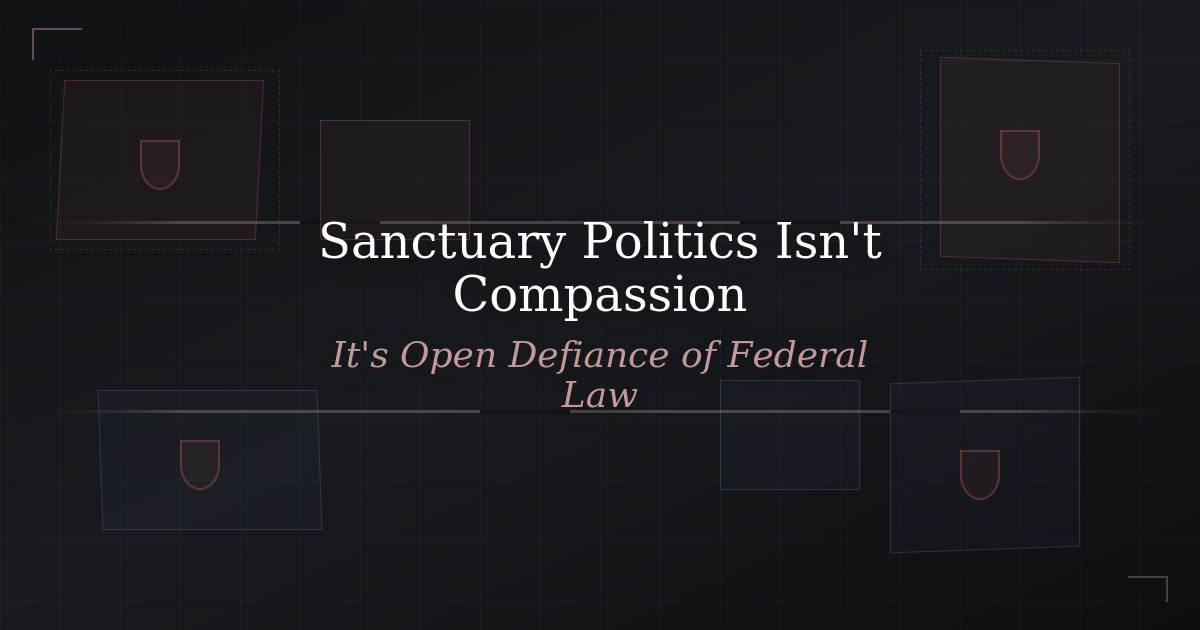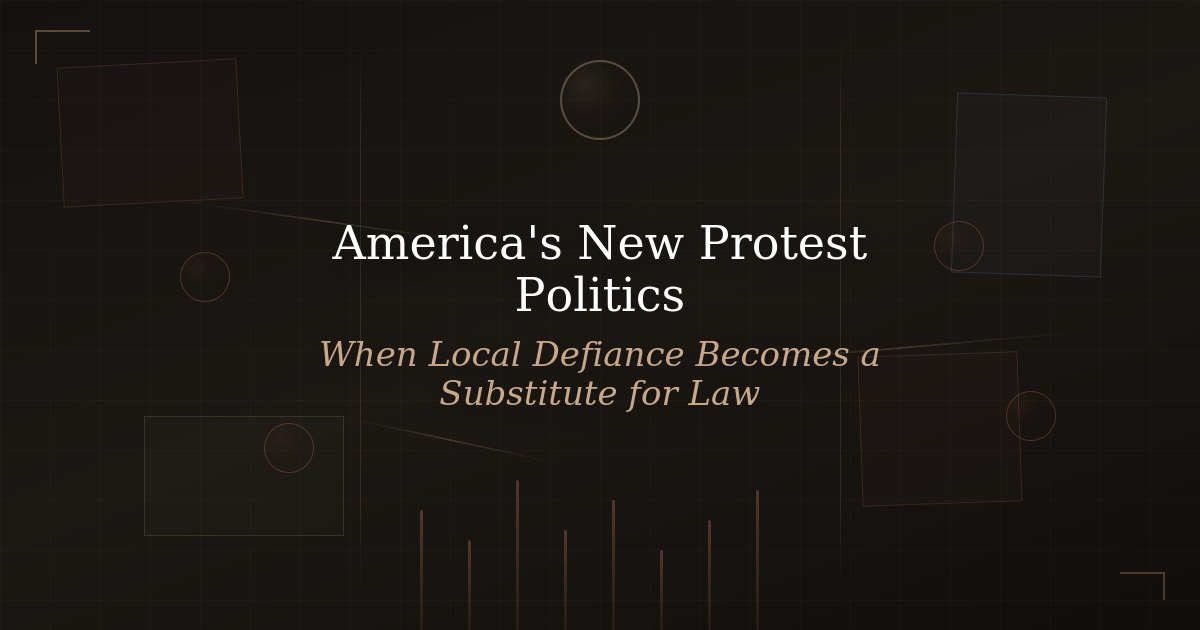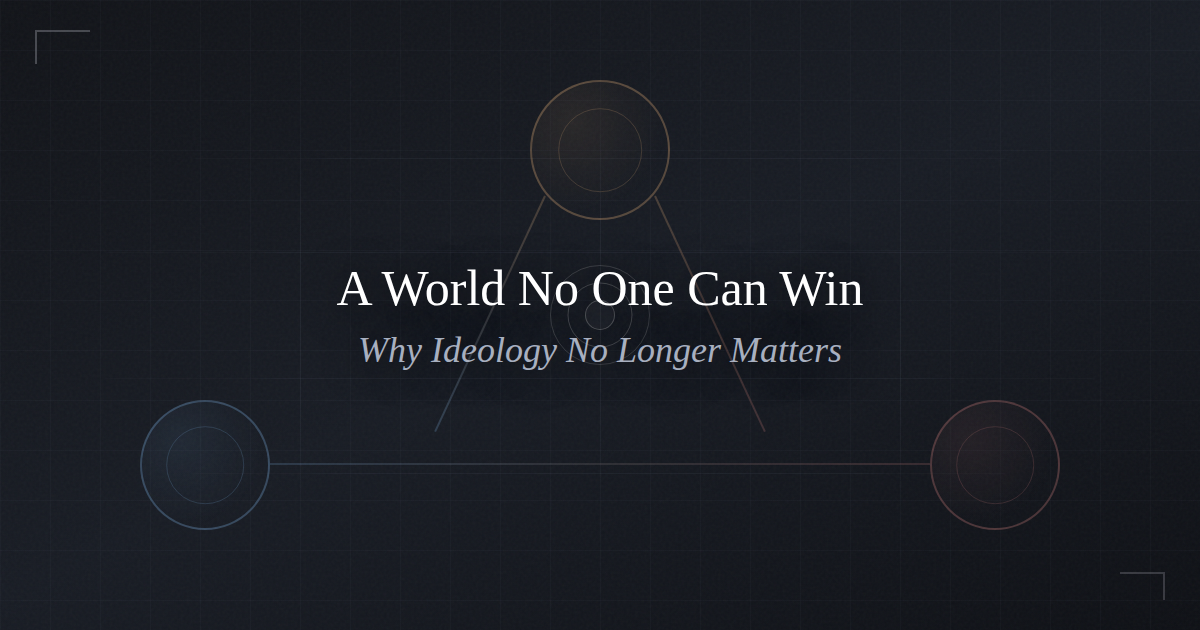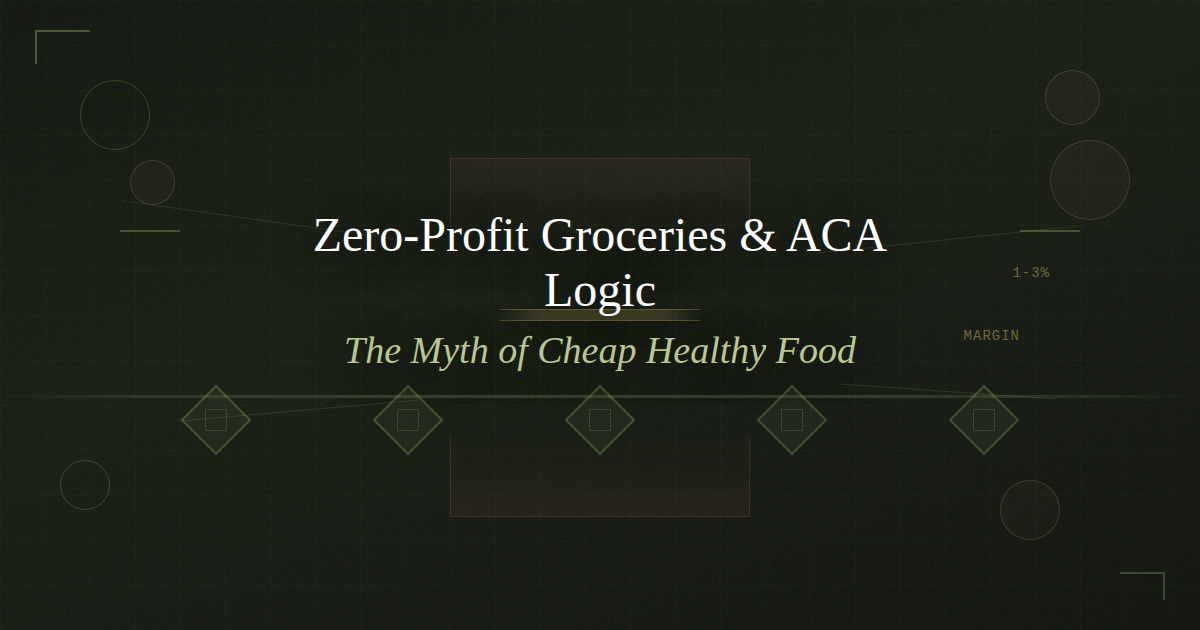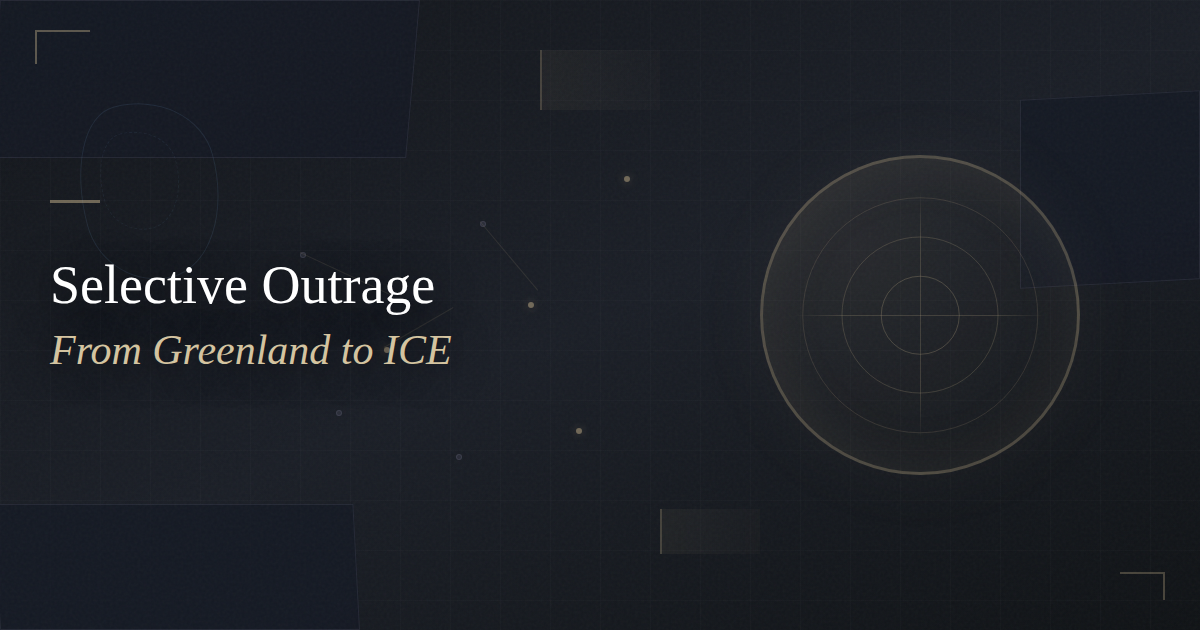Geopolitical Focus – March, 2024
Geopolitical Focus – March, 2024:
The global picture for 2024 remains somewhat clouded by high energy prices, with one side being the sanctions against Russia and the green energy enthusiasts advocating for dual systems, especially in the Euro Zone. This situation carves a hole in a country like Germany, which exports 50% of its goods, and poses a dilemma for the EU, given that Germany is the strongest of the European Union partners. While trades with China are slow due to its political system and demand constraints, China itself continues to invest heavily in Europe. It controls the solar market and aggressively expands its electric vehicle (EV) manufacturing in Europe, thanks to mandates set by European politics to achieve carbon neutrality by 2050. The EU exports to both China and the US, with the US exports notably affected by sanctions, particularly in the EV market. If China dominates both the domestic and EU markets, the US, through the EU, attempts to restrict activities with China, indicating China's pivotal role in Europe's success.
So, what if the German economy fails to recover? Will the spending or printing of money for social and defense needs still be effective? Was the expansion of NATO truly a smart move, or merely a wish? Just imagine all the money spent on war being invested in peace.
When it comes to the German economy, however, recent trends are more concerning. The loss of cheap Russian gas has undermined Germany’s industrial model. Although the initial spike in energy prices after the 2022 invasion has abated, costs are not expected to return to prewar levels any time soon. In 2023, Germany’s economy shrank by 0.3 percent. Vice Chancellor and Economy Minister Robert Habeck, warning of “rough waters” ahead, has projected that the country’s 2024 growth will reach a mere 0.2 percent. New pressures account for the recent contraction, but Germany’s economic problems run deeper. Over the last decade, Berlin has avoided making critical investments and reforms to attract skilled workers and adapt to a data-driven world. And Berlin has often insisted that what is good, restrained fiscal policy for Germany is also right for the EU—a prevailing mindset that, by limiting public investment in many member states, has prevented European economies from adapting to new conditions.
Environmental groups prevent many projects from developing, but does attacking EV manufacturing defeat their purpose? Perhaps some "social-green" organizations simply want you to acknowledge their presence, especially in Germany, where conservative thinkers are often labeled as NAZIs. The Merkel-led welcoming culture, with its nearly unlimited immigration, is beginning to divide the country, while a strong-arm justice system suppresses opposition. Does this sound familiar? What the left often labels as "far-right" is sometimes just people disillusioned with the current direction of the country and who are part of the political system. Until the next German elections, do not expect a resurgence, and this will not benefit the current course of global development.
BERLIN (AP) — Germany's top prosecutor has taken over the investigation into an alleged arson attack on the power supply of the electric car company Tesla near Berlin.
A spokeswoman said there is an initial suspicion that a terrorist organization may have been involved in the attack. In such cases, the federal prosecutor's office, the top law enforcement agency in Germany, is responsible for the investigation.
Hospital and nursing home without electricity. Edeka's logistics warehouse was affected and the supply of supermarkets was restricted. A production loss of the Tesla plant in Grünheide of probably just under two weeks with property damage in the high millions. This is the result of an attack on Tuesday on the power supply in Brandenburg this week. The radical left-wing "volcano group" has claimed responsibility for this attack via Indymedia.
But, just as the Summer of Love in the US saw protests and criminal actions from the left, while all those critical of it are branded as right-wing, does it seem fair? This excerpt is translated from the FAZ, a rather left-leaning paper in Germany. All of this makes one wonder if NATO and the EU are truly the great evolutions of our time or merely tools to restructure the world order.
At the latest, the chaotic withdrawal of Western troops from Afghanistan and Russia's invasion of Ukraine have shown everyone: the old global order is broken, the former world policeman USA is withdrawing, the hope of change through trade seems to have been shattered, as well as that economic power can replace military power forever. But what does this mean for our lives in Germany, for the near future? Rainer Schmidt, editor in charge of the Frankfurter Allgemeine Quarterly, spoke to Herfried Münkler about this. The emeritus professor of political science is an expert on geopolitics and has examined in his latest book "World in Turmoil" what new order could develop from the current situation: "We must also be clear: If Ukraine collapses militarily, we will be confronted with huge migration movements in Western Europe – with five or ten million people."
Or perhaps
Russia is not a bad destination for most of them. This 2020 report
by the UN:
Migration to and from Ukraine. As of mid-year 2020, 6.1 million migrants from Ukraine resided abroad. While more than 53 per cent of them resided in the Russian Federation, other top destinations included the United States of America (6%), Kazakhstan (5.8%), Germany (4.7%), Poland (4.4%), Italy (4%), Belarus (3.6%), Czechia (2.1%), Israel (2.1%) and Uzbekistan (2%)
As the war in Ukraine persists, President Putin's recent remark while speaking to Tucker Carlson, alleging that Boris Johnson sabotaged peace talks, seems to be gaining credibility. However, it's possible he was merely being used by Joe Biden as the messenger.
The fact remains that in 2022, Russia made an offer for negotiation that was outright rejected by the US and the West. While Zelensky has recently expressed willingness to negotiate, the US and EU still perceive Putin as harboring intentions to invade the world. President Biden echoes these sentiments, often reciting them from a prompter during the State of the Union address.
Here are some links and excerpts, but it's important to consider the biases of the reporters, who may lean towards favoring the Ukrainian side. It's worth noting that the original 17-page document was not made public in the US or by the reporters, so their perspective should be taken with caution. All negotiations begin with a particular viewpoint, and rejection doesn't necessarily mark the end, unless there's a desire to escalate towards war. Why is there such widespread fear of Putin, and why hasn't our president called for a direct meeting with him to address these concerns?
Jens Stoltenberg, NATO Secretary General, speaks at the meeting of the European Parliament's Joint Committee on September 7, 2023: "President Putin stated in the fall of 2021 and actually sent a draft treaty that NATO was supposed to sign to promise that NATO would not expand any more. That's what he sent us. And it was a precondition for not invading Ukraine. Of course, we didn't sign that. The opposite was true. He wanted us to sign a pledge never to expand NATO. He wanted us to dismantle our military infrastructure in all the allies that have joined NATO since 1997, that is, half of NATO, all of Central and Eastern Europe, we should dismantle NATO from this part of our alliance and introduce a kind of B membership or second-class membership. We rejected that. So he went to war to prevent NATO, more NATO, near his borders." From John J.Mearsheimer ist Professor für Politikwissenschaft an der Universität Chicago in the Weltwoche.
Some noteworthy news: Victoria Nuland, the architect of the Maidan Coup and the US's influential figure in Ukraine, has silently resigned. While praised by Blinken, one might wonder if she has simply lost credibility. Perhaps her departure signals the first step towards initiating dialogue, offering a glimmer of hope. Meanwhile, German and Czech politicians in uniform have transitioned into war strategists, considering how to deploy Taurus long-range missiles to target locations in Crimea and potentially within Russia itself, in an effort to update their outdated ammunition inventory. As the German Chancellor hesitates, the British have offered to facilitate the delivery of the Taurus missiles via the UK, thereby avoiding direct delivery. Is this escalation or merely war games? It's becoming evident that the CIA and British are already engaged in clandestine operations, so why not another attempt by the Germans against Russia?
800,000 rounds of artillery ammunition is more than the whole of Europe produced in 2023. The announcement by Czech President Petr Pavel that his country would organize such a delivery within weeks and transport it to Ukraine is therefore causing a stir. For comparison, in the summer, during the counteroffensive, the Ukrainians fired 4,000 to 7,000 shells a day. At that time, the warehouses were full thanks to Western supplies. Now, however, Kiev is suffering from an acute shortage of ammunition, and the hunger for supplies is huge. Note, Peter Pavel was the former NATO General)
And what is Putin’s reaction to the leaks concerning Taurus Missiles? See Below:
President Putin knew about the conversation even before his speech
(this is a partial download – but you can translate the entire content from the link, or email us)
We can consider it fabricated that it was the Russian secret services that intercepted the conversation and that the content of this conversation was known to President Putin before his speech on February 29.
It is therefore worth sifting through Putin's speech of February 29 for clues to his knowledge and his reaction to it. Clues to the wiretapped conversation and the possible consequences are truly not difficult to find.
Accurate reproductions – sentence by sentence
We reproduce this part of the speech precisely.
First, Putin calls the West's claim that Russia wants to attack Europe inaccurate:
"Now they have the audacity to claim that Russia intends to attack Europe. Can you believe that? We all know that their claims are completely unfounded."
SPEECH BY PRESIDENT PUTIN, 29 FEBRUARY 2024, P. 4
And immediately afterwards he mentions the discussion of the German officers:
"And at the same time, they choose targets to attack on our territory and think about the most effective means of destruction."
SPEECH BY PRESIDENT PUTIN, 29 FEBRUARY 2024, P. 4
Then he mentions the official discussion about the deployment of NATO troops. We know – confirmed by the officers in the wiretapped telephone conversation – that NATO troops are already in Ukraine.
"Now they have begun to talk about the possibility of sending NATO military contingents to Ukraine."
SPEECH BY PRESIDENT PUTIN, 29 FEBRUARY 2024, P. 4
The next statement refers unmistakably to the German invasion of the Soviet Union in 1941.
"But we remember what happened to those who have already sent their contingents to our country."
SPEECH BY PRESIDENT PUTIN, 29 FEBRUARY 2024, P. 4
Now Putin declares that Russia will not defend itself on Russian soil, but due to the capabilities of Russian weapons (which he described again in a previous section of his speech), Germany must expect targets in Germany to be attacked:
"Today, potential aggressors will face far more serious consequences. They need to understand that we also have weapons – yes, they know that, as I just said – that can hit targets on their territory."
SPEECH BY PRESIDENT PUTIN, 29 FEBRUARY 2024, P. 4
Following this quote, President Putin also points to the danger of nuclear escalation. The Western press combines these two statements and claims that Putin is threatening nuclear war – this is not the case. Putin is openly threatening Germany with a conventional strike. It is astonishing how sloppy the West reads statements by President Putin. Or better – how purposefully he bends them to himself.
A Final Warning
How are these statements by President Putin to be evaluated? If you follow Putin's speeches over the last 23 years, they are characterized by one thing above all: In contrast to Western politicians, Putin has always stood by what he says. He does what he says. Putin was and is transparent in his statements. However, his warnings come very early so as not to lose the element of surprise in an emergency.
Applying these principles to his speech on February 29, Putin's statements can be classified as follows:
He believes that NATO is already at war with Russia, as confirmed by the officers of the wiretapped conversation.
In my opinion, his statements are to be interpreted in such a way that President Putin holds out the prospect to NATO or Germany in the event of an attack – e.g. on the Crimean bridge – that Russia will feel free to attack targets in Germany in this case, since an attack on the Crimean bridge by Taurus is not possible without the direct participation of the German armed forces.
Possible Target
The German headquarters of MBDA, the manufacturer of Taurus, is located in Schrobenhausen, about 60 km north of Munich, just over 1,600 km from the Russian border.
Result
NATO is already at war with Russia, as we discussed back in early February 2023. Now existing doubts have been dispelled by statements from Germany.
President Putin has warned – probably for the last time – NATO and especially Germany against climbing the next level of escalation – this is unmistakably clear from the Russian president's speech on 29 February.
Here are some voices suggesting that Ukraine is running out of options without US assistance. Or thoughts on how they can pave a way to peace. As long as the US and President Biden continue to pursue military action, there will likely be war. This sentiment echoes the State of the Union address, where the approach was likened to asking Congress, "Do you want total war?" and receiving a resounding "yes" in response. While the President urges Congress to approve funding, a clear strategy remains elusive. Perhaps the intention is to pursue full-scale military engagement, following a similar path as was attempted with Saddam?
Then came the 9/11 attacks. In their wake, the George W. Bush administration decided to solve not only the terrorism problem but the Iraq one as well, choosing to conquer the country and forcibly eliminate Saddam’s regime. The conquering part went largely as planned, but the aftermath proved chaotic. Liberation turned into occupation; local uncertainty turned into insurgency and then civil war. U.S. troops ended up staying in Iraq and fighting one foe or another there for almost two decades.
There might be a valid reason for the world to prepare for more conflicts, especially with the current US government and the never-Trumpers aligning to gather support for such endeavors. Notably, General Jack Keane, a frequent guest on Brett Baier's Fox program, sees some positives in war, particularly in replenishing outdated inventories to pave the way for building new ones. Additionally, President Biden has suggested that engaging in war is beneficial for the economy and has assured that there will be no boots on the ground, at least for now.
It raises the question: if your livelihood is centered around warfare, can peace only be achieved through battle? Furthermore, when a president lacks negotiation skills, is it a common recourse to defer to the generals, perhaps as a means of deflecting blame if negotiations falter?
We know that the Ukraine and Israel (UN) have called on international law and other organizations to investigate rape and War Crimes on Ukrainians and Hamas. It certainly deserves investigation, but so does the fact in Palestine to corner Millions of people and in the process of eliminating Hamas, kill thousands of them. And speaking of Rape, why is the US not investigating themselves? Consider smugglers and traffickers on the Southern Border an act of War on sovereign territory, but no one speaks up for the travesties that happen.
Considering all this, one must question whether these developments are truly beneficial for the US. While our Administration commends the united front against Russia, it could potentially worsen the ongoing conflict in Israel. This raises doubts about the Reagan doctrine of 'peace through strength,' which emphasized diplomatic efforts, with force as a last resort for deterrence and containment. In contrast, the current administration lacks a clear doctrine or strategy. Instead, it relies on an ideological and reactionary approach, spearheaded by a diplomatic team driven by a bellicose and vengeful President. Despite his purported connections with world leaders, diplomatic resolutions seem elusive. Is this a matter of inability or unwillingness?
To call for a two-state resolution in the Israel conflict and to initiate a military operation under the guise of humanitarian aid are reactionary moves amidst the current explosive and emotional global climate. They do little to contribute to conflict resolution. Similarly, advocating for further military intervention in Ukraine under the pretext of defending a democratic nation essentially amounts to a call for war with Russia, as many decisions are pointing in that direction.
The ongoing global developments do not seem to favor the US as a world leader. Despite the presence of hundreds of US think tanks with elite prestige, many still adhere to outdated worldviews reminiscent of the Stalin-Eisenhower era. Furthermore, most of these think tanks primarily focus on military strategies, led by critics of Russia and pro-Israel groups. Nothing new here, just history buffs in DC?
Both China and the United States could soon be faced with even bigger problems, with FP columnist Steven A. Cook assessing that “it is likely that there is going to be a war between Hezbollah and Israel within the next six to eight months.” Cook notes constraints on the two sides are breaking down—and that “there is no diplomatic solution to the zero-sum relationship between Hezbollah and Israel.” FP will continue to bring you expert analysis on this rapidly evolving situation as it unfolds.—The editors.

